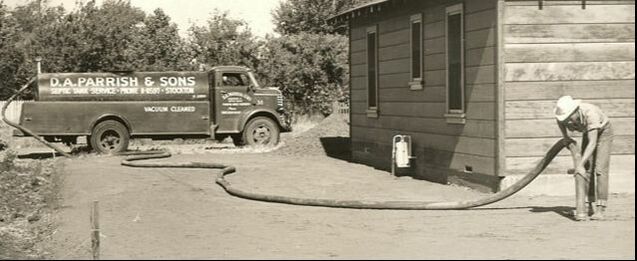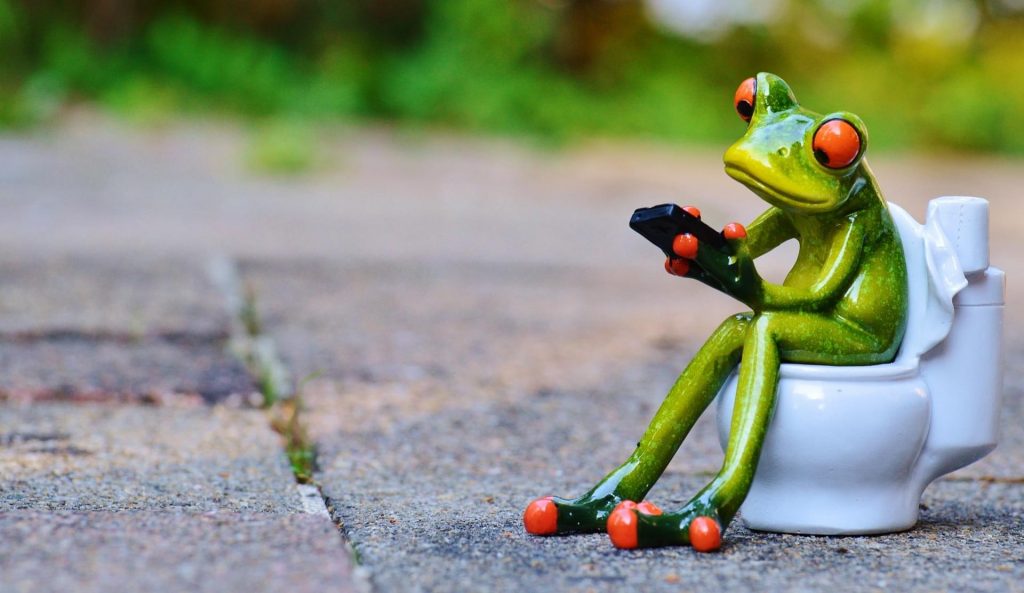Should you pump your tank?

Parrish and sons inc have been pumping septic tanks since 1942. The question we get most is when do I need to pump my tank? it’s not a simple answer most companies will tell you every 3 to 5 years but that’s not always true some people only need to pump their tank every 30 years while others should be pumped every 3 months. We use a chart based on the number of people living in the house and the size of the tank.
Now the why my very from home to home but we can all agree that pumping your tank is a must!
The maintenance of your septic system is essential if you want to prevent serious problems from developing in the future.
We recommend calling your local septic tank company for a customized maintenance plan to prevent harmful sludge from entering your leaching system and causing total system failure our number is. (209-466-9607)
The septic tank is merely a “holding tank” where natural bacterial action decomposes human waste. The end product of this is water and undigested material (sludge & scum) and gases. The sludge sinks to the bottom and the scum floats to the top, the gasses are vented through the plumbing in your house. During pumping, it is the sludge and scum that need to be removed from the tank
Water entering into the tank displaces water already in the tank. One gallon of water in pushes one gallon of water out. The water exiting the tank either flows or is pumped out to the absorption field or leach field
The pumping frequency needs to be often enough to prevent solids from exiting the tank and entering the leaching system.
This can occur when the sludge layer becomes thick enough to pass through the tank baffle and mix with the effluent in the second compartment of the septic tank. Or Solids entering the leaching system will reduce the effective life of the system leading to costly repairs.
Protect your leaching system from unwanted sludge which over time will reduce the ability of the leaching system to absorb water. An old or abused leaching system can cause pooling of effluent over the tank lids or in the area above the leaching system and may even back up in your home. By pumping your septic tank on a regular basis you will extend the life of your leaching system.
Septic systems cannot dispose of all the material that enters the system. Solids that are not broken down by bacteria begin to accumulate in the septic tank and eventually need to be removed. The most common reason for system failure is not having these solids removed on a regular basis. When the holding tank is not pumped out frequently enough the solids can enter the pipes leading to and from the tank.
This can cause sewage to back up into the house or cause the drainage system to fail as the pipes and soil become congested. These problems are often costly to fix pose a danger to public health and are a significant source of water pollution. Seepage from inadequate or failing septic systems can contaminate both ground and surface waters.

Here is a list of items that should never be introduced into your septic tank. These items will reduce or eliminate the effectiveness of the natural bacterial action present in the tank. This in turn can lead to more frequent pumping and an overall shorter lifespan of the leaching system.
Antifreeze
Motor Oil
Paint thinner
Solvents
Insecticides
Grease cooking oil or fats Dispose of these items as solid waste in the trash container
The list of things that should never be flushed is much longer. remember only flush waste and toilet paper that’s it.
Excessive amounts of laundry detergent or bleach Use liquid laundry soap
Caustic drain cleaning agents should also be avoided
Inorganic material of any kind should never be introduced into the septic tank
We have encountered septic tanks that we were not able to service due to the presence of motor oil Paint meth lab byproducts or other illegal substances. The contents of these tanks can not be taken to a local sewage treatment plant for processing. In some cases the contents of the tank must be removed by an environmental clean-up company and the process monitored by local health officials. Commercial tanks must be inspected prior to pumping by The City Of Stockton Environmental Department and put on a list of approved tanks.